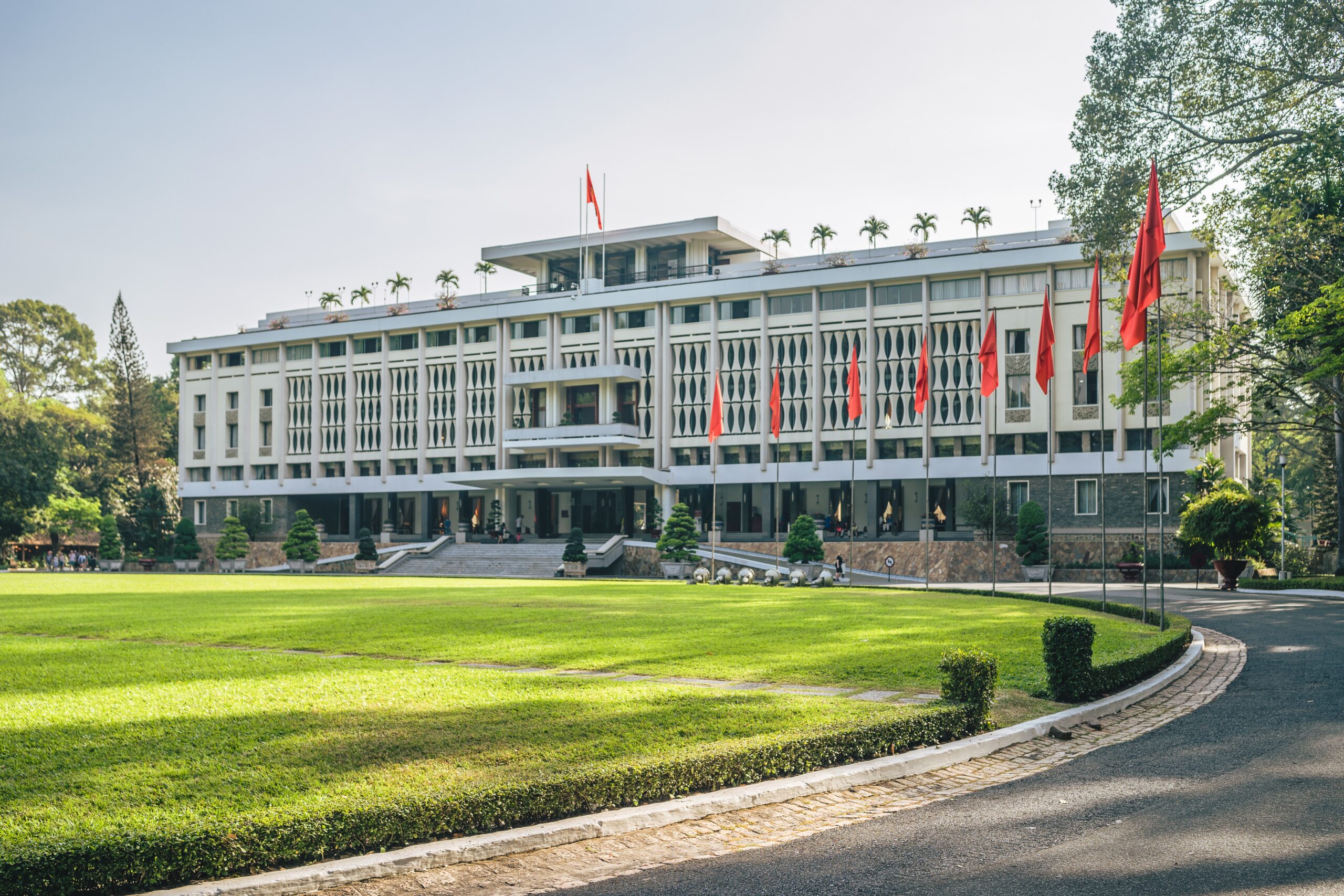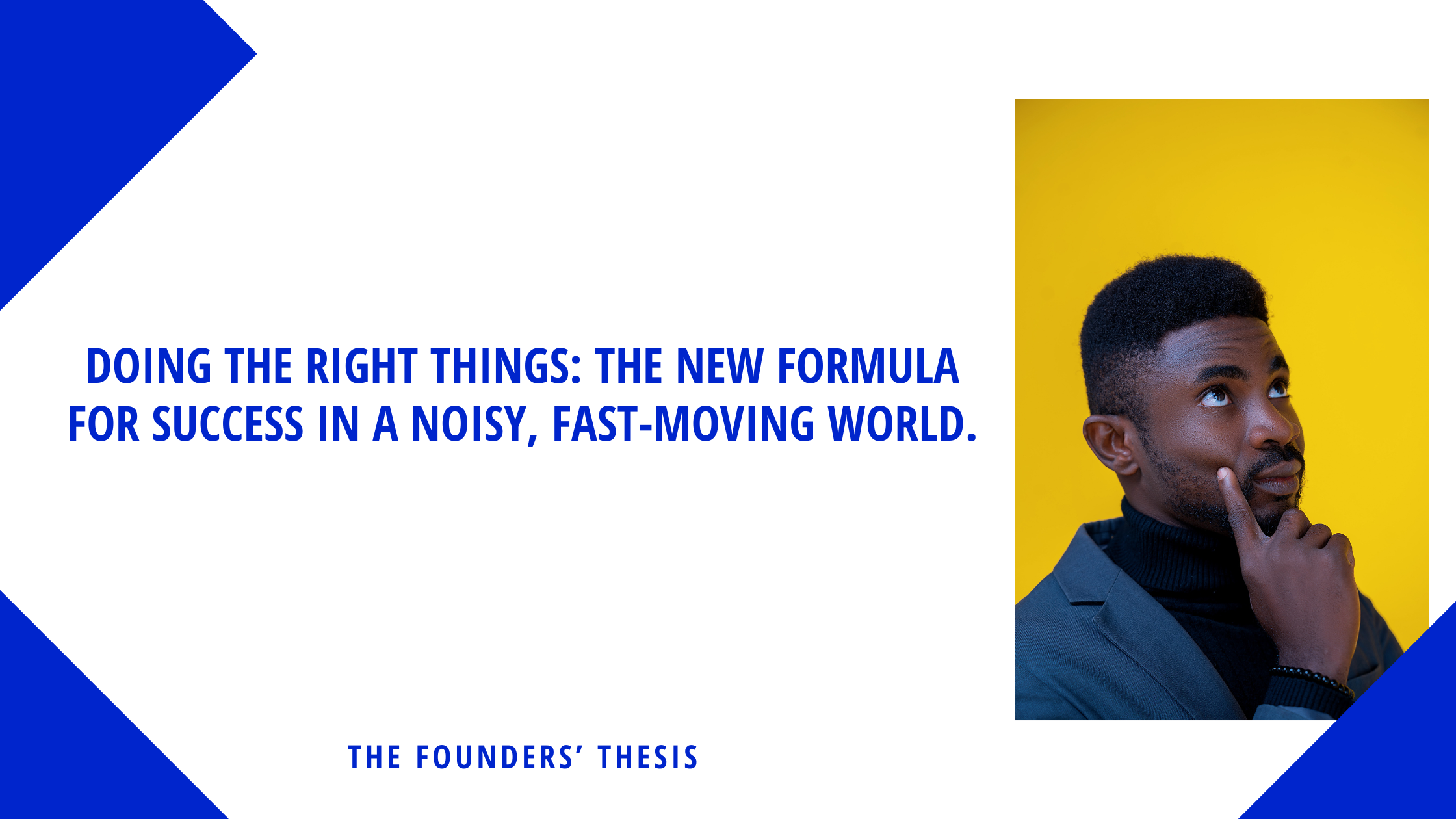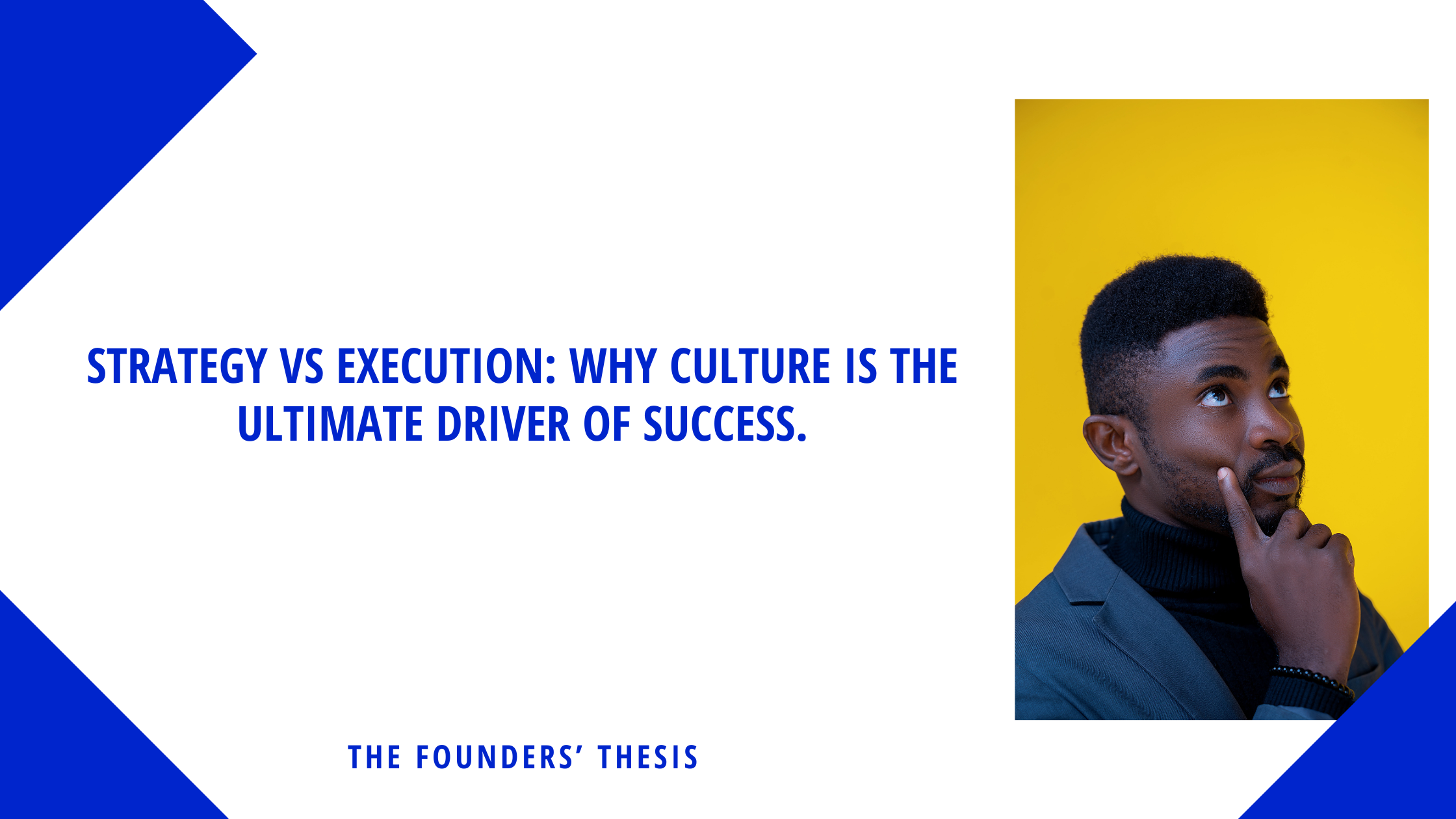R.I.S.E. Africa: Resilient, Impactful, Systemic, Ethical – The New Code of 21st Century Entrepreneurs.
Africa is not merely rising; it is redefining itself in real-time. With one of the youngest populations globally—over 60% of its people are under the age of 25—Africa stands at the precipice of a demographic dividend (UNFPA, 2024). But to fully harness this potential, the continent needs a new wave of entrepreneurial leaders—visionaries who will transform economies, drive innovation, and influence change at scale. The 21st century demands a reimagining of what African entrepreneurship should look like. It’s not enough to be a hustler. The next generation must build systems, scale innovation, and serve purpose over ego. In this article, we explore the core qualities the next African entrepreneurship leaders must embody—and what’s at stake if they don’t. A Landscape in Flux: The Entrepreneurial Pulse of Africa Africa’s entrepreneurial ecosystem is vibrant yet volatile. In 2022, African tech startups raised a record $6.5 billion, according to Partech Africa. However, in 2023, funding dropped to $4.5 billion, largely due to global economic slowdowns and a retreat by international investors (Partech, 2024). Despite this, Africa still accounted for over 600 tech hubs across 54 countries, according to the GSMA Mobile Economy Report (2023). Nigeria, Kenya, South Africa, and Egypt continue to dominate the startup landscape, contributing over 70% of total funding raised. Most importantly, Sub-Saharan Africa’s population is projected to double by 2050, reaching over 2 billion people. By then, one in four people on Earth will be African (UN DESA, 2023). With such staggering numbers, the pressure is on to build not just businesses—but institutions that last. The R.I.S.E. Framework: Qualities Defining the Next Generation of Entrepreneurs To lead Africa forward, tomorrow’s entrepreneurial leaders must embody four essential characteristics: 1. Resilient Visionaries These are individuals who persevere in the face of adversity. They are long-term thinkers, crafting scalable solutions in challenging environments. Example: Flutterwave, a Nigerian fintech unicorn, navigated regulatory roadblocks, inflation shocks, and investor scrutiny to become one of Africa’s top financial platforms. In 2024, Flutterwave surpassed $3 billion in valuation, with operations in over 30 African countries (Financial Times, 2024). 2. Impact-Driven Innovators Profit alone is no longer enough. Leaders must tackle real problems—healthcare, education, food security—with business models that prioritize social and environmental returns. Example: The Tony Elumelu Foundation has supported over 15,000 entrepreneurs, leading to the creation of more than 400,000 direct and indirect jobs across Africa and generating over $2.3 billion in cumulative revenues (TEF Impact Report, 2023). 3. System Builders Africa needs businesses that go beyond the founder. Scalable enterprises require strong governance, operational excellence, and local-global thinking. Example: Omnibiz, a B2B e-commerce platform in Nigeria, integrates logistics, finance, and supply chain for small businesses. By digitizing informal markets, Omnibiz processed over $130 million in sales in 2023 and is expanding into Francophone Africa (TechCrunch, 2023). 4. Ethical Giants Corruption remains one of the continent’s biggest bottlenecks to progress. The next generation of leaders must place integrity at the heart of their operations. According to Transparency International (2023), over 50% of Africans believe that corruption is worsening in their country. Businesses that lead with transparency—such as Andela, Paystack, and M-Kopa—are winning the trust of customers and investors alike. The Economics of Opportunity: Markets Worth Building For According to the International Finance Corporation (IFC, 2024), Africa’s e-commerce market is projected to exceed $100 billion by 2030. Meanwhile, mobile money users in Africa surpassed 480 million in 2023, enabling inclusive financial services even in remote regions (GSMA, 2024). In agriculture, over 60% of Africa’s workforce is employed in the sector, yet food imports exceed $43 billion annually. Agritech innovation—from precision farming to blockchain-based supply chains—is a frontier begging for scalable solutions (FAO, 2023). Moreover, climate tech, edtech, and healthtech are all emerging growth areas, attracting a combined $1.1 billion in VC funding in 2023 alone (Briter Bridges, 2024). Building for Generations, Not Likes Africa’s next billion-dollar companies won’t be built on vibes—they’ll be built on systems, integrity, and relevance. As the global economy shifts and digital transformation deepens, African entrepreneurs must rise with clarity, purpose, and power. Here’s the call: Let us raise leaders who are visionary yet grounded, bold yet ethical, ambitious yet empathetic. Let us R.I.S.E.—and build the Africa we all deserve. References Author: Tosin OguntundeEntrepreneurship Advocate | Thought Leader | Global Development Enthusiast | Founder, Opportunity Gist Platform
Vacancy: Apply as HR Executive hybrid role in Lagos
Hiring! HR Executive Employment Type: Full-Time / Onsite Work Mode: Hybrid (3 days onsite and 2 days Remote) Industry: Luxury Lightning| Electrical Solutions| Turnkey Interiors Salary: 200,000 – 250,000 Location: Lekki Phase 1, Lagos About the Role We are seeking a proactive HR Executive to manage recruitment, employee relations, performance management, training, and compliance for both factory and administrative staff. This role ensures HR policies are implemented effectively while fostering a positive work environment. Key Responsibilities • Oversee recruitment, onboarding, and workforce planning. • Implement HR policies, handle employee relations, and address grievances. • Oversee training programs to improve staff productivity. • Ensure compliance with labor laws, payroll accuracy, and benefits administration. • Monitor performance appraisals and staff engagement initiatives. Qualifications • Bachelor’s degree in HR, Business Administration, or related field. • 3 years of HR experience, preferably in manufacturing or industrial sectors. • Strong knowledge of Nigerian labor laws and HR best practices. HR software solutions Business networking events • Excellent communication and problem-solving skills. • Proficiency in HR software and Microsoft Office Suite. Application Process: Interested candidates should apply via this link: USE THIS LINK TO APPLY
Vacancy: Apply as Programs Lead remote job
Hiring! Programs Lead Location: Lagos, Nigeria (Remote) Job Type: Full-time Salary Range: ₦355,000 – ₦450,000 monthly Required Qualifications & Skills Candidates must be based in Lagos. 4–6 years of professional experience in program design, project management, or nonprofit program implementation. Demonstrated experience managing multi-stakeholder programs in a nonprofit, tech, or community-driven organization. Proven track record of leading teams and executing high-quality programs from inception to delivery. Strong program and project management skills with a proven track record of leading large-scale or multi-stakeholder programs, manage timelines, people, and deliverables effectively. Familiarity with M&E concepts and tools, including data collection, evaluation, and reporting systems. USE THIS LINK TO APPLY


 Vacancy: Restaurant Operative at Food Concepts Plc
Vacancy: Restaurant Operative at Food Concepts Plc Vacancy: Head of sales at People Capacity Management
Vacancy: Head of sales at People Capacity Management Vacancy: Librarian at Total Child School
Vacancy: Librarian at Total Child School


























































